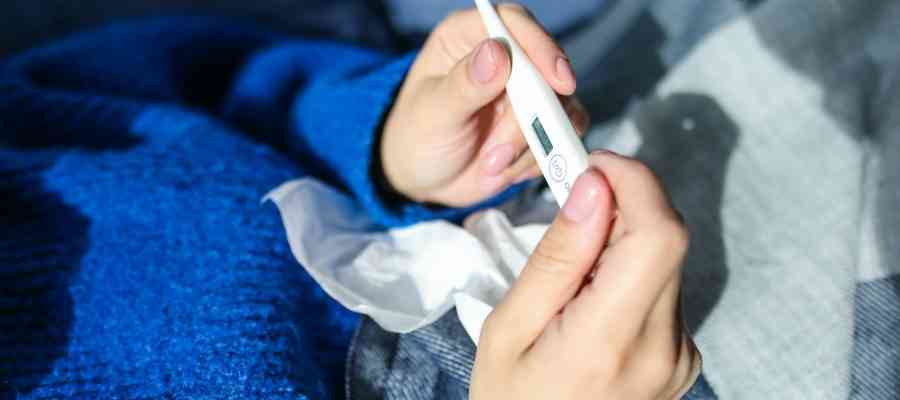The Coronavirus, the novel virus which causes the COVID-19 disease, is highly contagious. COVID-19 is a respiratory illness which has mild to moderate symptoms. Some patients recorded even show no symptoms at all.
According to latest studies, people who have preexisting respiratory conditions and those above 60 years old can easily get infected.
However, most patients recover without requiring special treatment. The mortality rate is significantly lower compared to other diseases like pneumonia or tuberculosis. The best way to avoid infection is through staying informed.
There are 3 common symptoms of the Coronavirus. If you have developed all of these symptoms, they continue to persist, and you have recently traveled to an infected area, there is a high probability that you will contract COVID-19.
Based on studies, these symptoms might appear for 2 to 14 days. This serves as an incubation period for the virus to develop.
- Fever
- Tiredness
- Dry cough
These major symptoms can be accompanied by these minor signs:
- Shortness of breath
- Aches and pains
- Sore throat
- Diarrhea, nausea, or runny nose
Other COVID-19 patients also showed symptoms of bluish face or lips, and chest pains. WHO strongly advises everyone to seek medical attention if any of these symptoms persist.
How to Avoid Infection?
If you have mild symptoms, you are advised to self-isolate at home. Contact your medical provider for further advice.
However, if you have persisting symptoms for days, you should immediately seek medical attention from your local government authorities. They will give advice and connect you to a COVID-19 testing facility if necessary.
There are still no vaccines or treatments known for COVID-19. Health experts are working tirelessly to come up with a cure for this disease. Stay informed and updated with the latest information about the Coronavirus.


